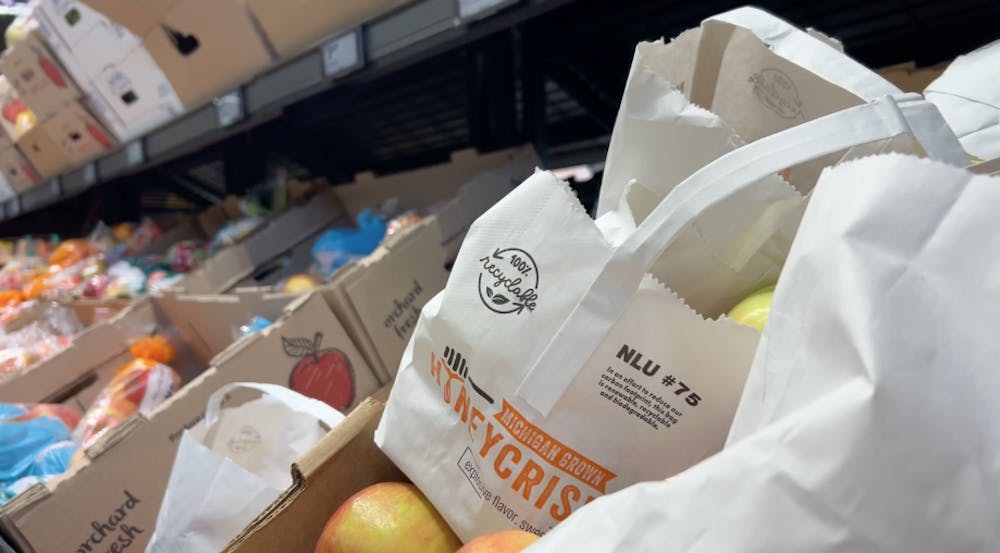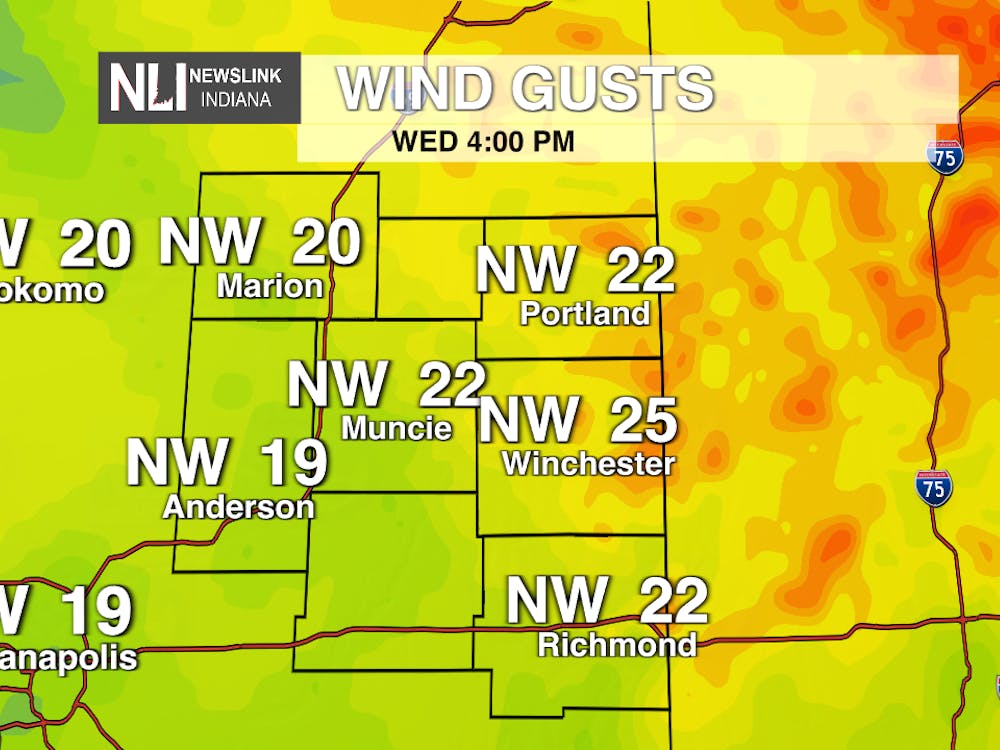MUNCIE, Ind. — Last week, the Trump administration made notice that it would not tap into contingency funds to send out federal food aid through the Supplemental Nutrition Assistance Program (SNAP). On Monday, the federal court ordered that SNAP will continue to be funded during the government shutdown, which is approaching its 36th day.
The emergency funds that the government plans to use cover about half of the usual $8 billion sent out monthly. Around 42 million Americans currently receive SNAP benefits. Chad Kinsella is an Associate Professor of Political Science at Ball State University. He expressed how soon local communities will see the impact of the funding cuts.
“There will be an immediate effect for a lot of people, not only the people that use the SNAP benefits, but some of the small stores, big stores, all the different stores around here that allow people to pay with SNAP, " Kinsella said.
SNAP is fully funded by the federal government, but the program itself has different qualifications depending on what state you’re in. Kinsella believes this is a common misconception.
“The idea is that the federal government provides a lot of the funds and the states get to decide the policy, so each individual state will create the policy in deciding who gets the SNAP funds, so what Indiana does is gonna be different from what Ohio does,” Kinsella explained.
Today, the Indiana Family and Social Services Administration announced that benefits will be delayed by at least a week while amounts are being recalculated for each household. Maximum allotments are being reduced to 50% of the household's current amount for November 2025.
Local food pantries in Delaware County can be found here.
Contact Allison Branecki with comments at allison.branecki@bsu.edu.












